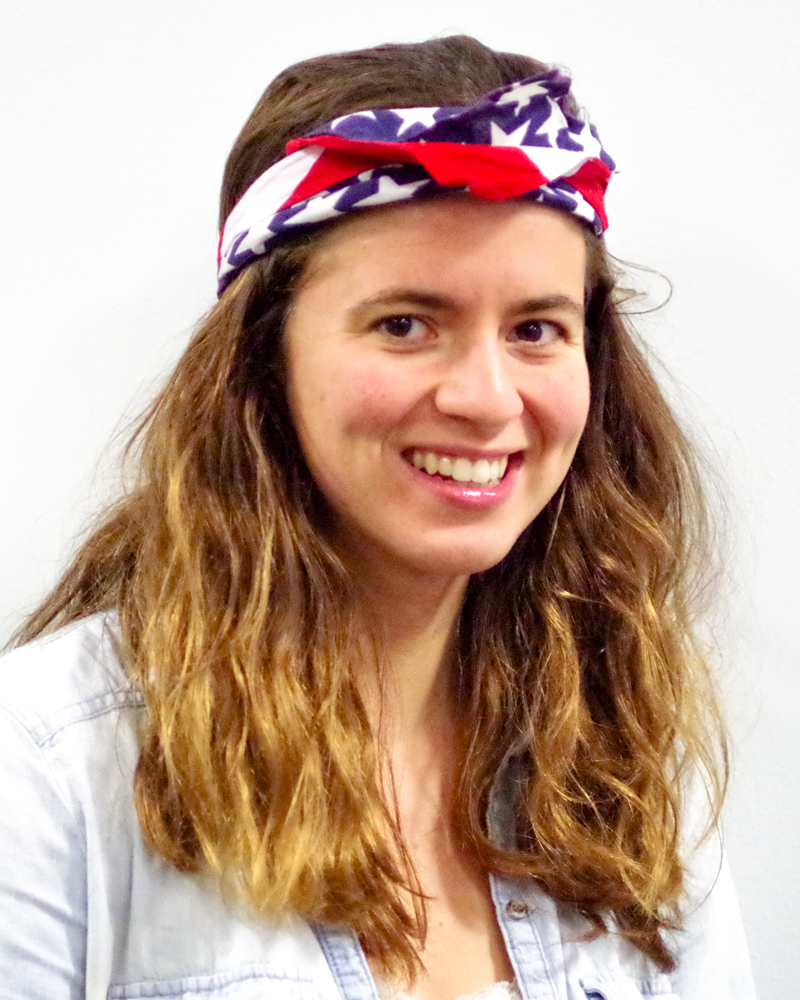“What do you think is most difficult to talk about at Stanford? Race, sexuality, or socioeconomic class?”
My friend asked me this around midnight while her roommate was wrapped in a Snuggie watching lectures on her laptop, and I was trying to understand confidence intervals for homework.
Tired from the p-set onslaught, I thought for a second before replying, “Socioeconomic class. It’s the most hidden of the three, so I think it’s hardest to talk about. Race is usually pretty apparent, and sexuality generally comes out if you’re friends with somebody.”
Socioeconomic class shapes the way someone grows up, and there are extremes on both ends at Stanford. I’ve met a friend whose dad is the CEO of a Fortune 500 company, and a friend whose dad immigrated to the U.S. and works at Safeway. According to an article in The Stanford Progressive, “Almost half of Stanford’s students come from families making more than $300,000 a year.” There’s also a slosh of students who come from upper-middle-class backgrounds with doctor/lawyer/professor/engineer parents.
Last year, I was fortunate enough to go on an Alternative Spring Break trip. Each night of our trip, we’d feature someone on “Spotlight,” a bonding exercise where a person sits and tells his or her life story. The group listens, and then asks questions, and people are generally left with the warm feeling that comes from getting to know someone a little better.
During our week, the variety in people’s background was highlighted. One spotlight story contained stories of a parent being one of the first employees at Microsoft then a childhood growing up in Mexico, Canada, and France, leaving said individual trilingual; another story featured someone overcoming homelessness in New York with a mom who makes less per hour than her daughter’s on-campus job pays.
My impression of socioeconomic class is this: It completely affects people’s life experiences. It can be embarrassing to talk about, because it’s not going to be the same for everyone. Its distribution is based on luck. If you’re gay or black today, it’s easy to argue that the world shouldn’t treat you differently, and we’ve had civil rights movements that fight for this sort of equality. That isn’t the case with socioeconomic class.
When I started to write this article, I asked several friends whether they thought socioeconomic class was hard to talk about at Stanford.
Every friend said yes. “Most people come from fairly homogeneous backgrounds, and there’s a fair amount of political and social apathy, so people don’t want to discuss class. That’s not what they care most about, and they’re not forced to face it, because Stanford is, again, pretty homogeneous.”
One friend from a socioeconomically disadvantaged background replied, “Despite the fact that Stanford tries to create an environment of equal opportunity both in and out of classroom settings — and does a pretty good job, in my opinion — socioeconomic status is still pretty hard to ignore for less wealthy students when they see their wealthier friends posting statuses about their excursions abroad for vacation, spontaneous purchases of tickets to the World Cup, and other similarly expensive events. It’s easy for the less well-off to feel a bit insecure, and frankly feel like they have less to contribute to the conversation because they feel less knowledgeable about the world than their richer peers, and are afraid that their richer peers will think so too.”
One friend stated, “The only thing open-minded people with different backgrounds can do is accept. And if that’s the best possible outcome out of a conversation about class, how do you progress to narrow that gap? Plus, there’s a huge barrier to enter into that kind of conversation, because it’s easy to overlook the other side of the spectrum if you tend to flock towards people of a similar background.”
When everyone in your dorm lives in a one-room double, it’s easy to think there’s no difference between how individuals experience Stanford. Coming to an elite university opens doors to big places. At Stanford, wealth appears to be the norm, and this façade can leave students feeling isolated. We need to work to create safe spaces where students can learn from one another, and respect the variety of backgrounds we have on our campus. Though I feel seeped in the ignorance of my single life experience, these issues are worth contemplating. Let’s talk to build a more open, understanding Stanford community.
http://progressive.stanford.edu/cgi-bin/article.php?article_id=429&archive=1
